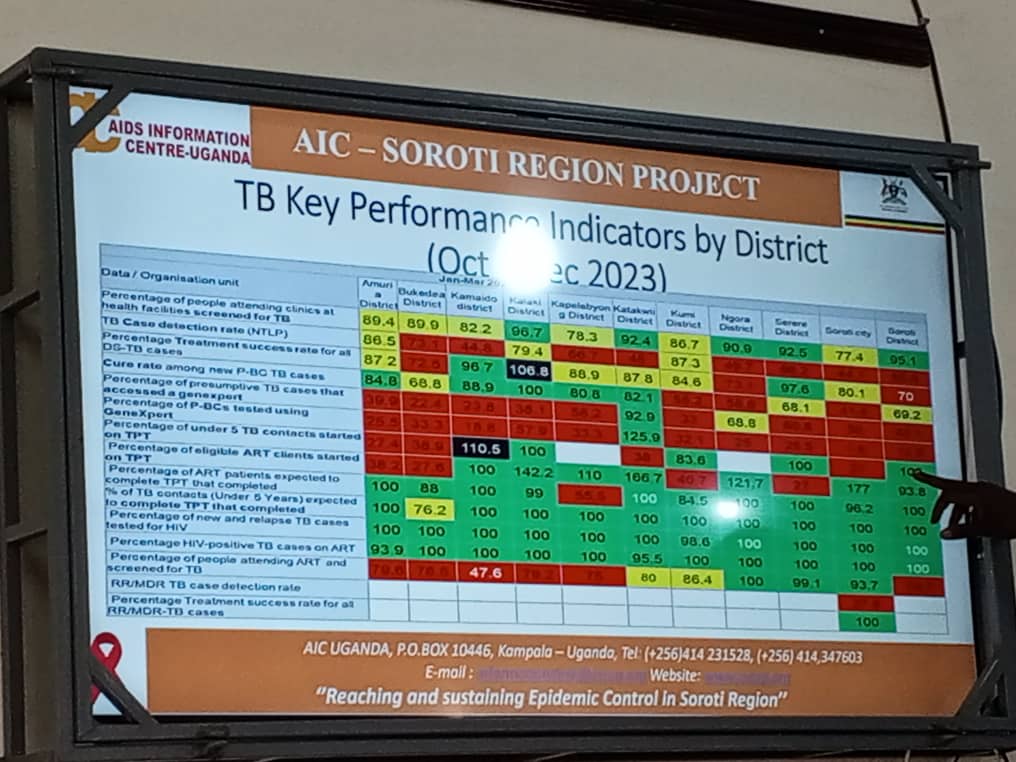According to the medics, when there are less than 50 copies of HIV's genetic material per millilitre of blood, a person's viral load is said to be 'undetectable.'
Last month, Kabarole district health department conducted viral load tests on 800 HIV positive patients. According to the results, 55 percent of the patients had low viral load suppression.
Dr Gerald Magezi, a doctor at the HIV/AIDS clinic at Fort Portal Regional Referral Hospital who conducted the viral load test attributed the low viral load suppression to non-adherence to anti-retro-viral therapy.
Dr Patrick Ajuna, the Programme Manager of Baylor-Uganda, one of the organisations that carried out the research, said that Baylor in partnership with the health department is intensifying counselling of patients and their caregivers aimed at encouraging the patients to adhere to treatment.
Ajuna wants the district to take ARVs closer to the community to avoid patients to spending huge costs on transport to health facilities that are far away from their homes.
He added that viral load testing will also be offered routinely in health facilities accredited to offer ART services.
According to World Health Organization, Viral load testing and monitoring can improve HIV treatment in developing countries and is critical because it identifies people who are having problems regularly taking their medicines, and can be used to trigger additional adherence and second, it identifies people who have developed drug resistance and need to be switched to another treatment regimen.













